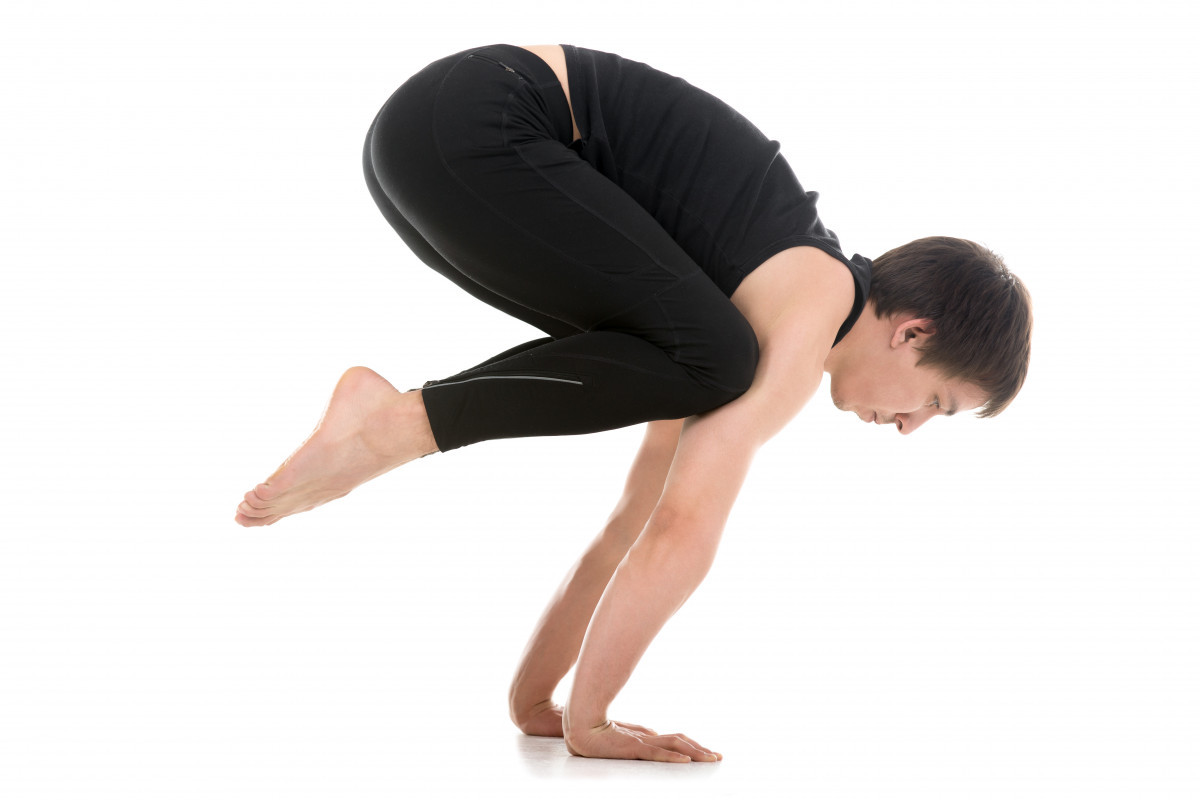The Pilates Method works with body, mind and spirit through 6 principles: concentration, breathing, control, centralization, precision and fluidity.
The benefits of Pilates practice are numerous. Joseph H. Pilates, the creator of the Method, said that Contrology develops a uniform body, corrects wrong postures, restores physical vitality, restores the mind, and uplifts the spirit.
Physical and mental health are directly related, but it is more common to find many more references to the Method’s influences on the body than on the mind. It is important to emphasize that it is also possible to obtain gains for mental health through Pilates. I have listed 5 of these benefits, come on:
The benefits of Pilates for the mind
- Focus training
Concentration is one of the 6 principles of the Pilates Method. In a world with too much information and distractions, staying focused is a challenge.
The psychologist and ph.D. Daniel Goleman affirms, in his book whose name is Foco, that to improve the attention capacity it is necessary to train how a muscle would be trained.
Pilates practice requires mindfulness to perform with quality the movements associated with breathing and activating the Power House.
So this is a great workout for the focus!
“It means being there, focused, and not distracted. It is the mind that carves the body. ”
J. Pilates
2- IQ increase
As much as IQ tests (intelligence quotient) are questioned, they remain the most accepted measure for assessing an individual’s cognitive ability.
There are countless ways to increase IQ and one of them is to do activities that you are not used to.
Pilates sessions do not use ready-made sets or many repetitions. Each day the service must change, varying the stimulus for both the body and the mind.
In addition, the Method’s repertoire presents a series of possibilities to evolve an original movement, making it more complex and/or associating it with motor coordination work.
The increase in mass could not be specifically related to the exercise practiced or to the individual’s performance, but to the learning of something different influencing neural plasticity.
It is common for Pilates students to say, “Wow! I didn’t even know this muscle existed. I was feeling it after the last class.” Pilates can surprise you with the multitude of stimuli that we can work with each class.
Another survey conducted in Sweden assessed 1.2 million men who performed military service and were born between 1950 and 1976, and found that those who were physically active, in good physical condition, had better results on the applied IQ test.
Point for Pilates!
3-Improved sleep quality
Difficulty sleeping or staying asleep and not feeling rested are signs of insomnia. According to Hospital Israelita A. Einstein, insomnia is related to bad sleep habits, depression, anxiety, lack of physical exercise, chronic illness or consumption of certain medications. Several studies have proven the effectiveness of Pilates to improve the quality of sleep, as well as reducing the average time needed to fall asleep. One of these studies submitted 99 individuals to a program with 15 Pilates exercises to be performed twice a week for twelve weeks. The result showed that the average time needed to fall asleep dropped from 29.3 minutes to 18.2 minutes and the duration of sleep increased by 39 minutes. Respiratory work, endorphin production, and improved quality of life, in general, are cited as benefits of the method that should relate to improving sleep. It is also believed that the mobilizations carried out in Pilates result in the mobilization of the nervous system, which regulates sleep among many other functions.
4-Relief from anxiety and stress
Stress is a physiological response of our organism that prepares us to fight or flee from “danger”.
When stressed, adrenaline, cortisol and a complex set of substances are released into the body; heart rate and respiratory rate are accelerated to prepare the body for physical action.
These adjustments were of paramount importance for the survival of our wild ancestors, but in today’s stone jungle, all of this cortisol and adrenaline are useless in our bloodstream.
Problems related to excess stress and anxiety are increasingly common and keeping the body healthy is one of the ways to better deal with these issues.
Psychologist Selma Bordin of Hospital Albert Einstein indicates, among other actions, to practice physical activities and seek moments of pleasure and relaxation to relieve stress.
It is precisely with this in mind, that Pilates has been indicated by psychologists and psychiatrists as a strong ally in the treatment of these disorders.
The conscious and deep breathing required in Pilates promotes a feeling of relaxation and well-being in addition to mobilizing the rib cage, the diaphragm and oxygenating the brain, helping to control anxiety as well.
5-Increased self-esteem
Self-esteem is the quality of those who value themselves, of those who are satisfied with themselves. This satisfaction is with their way of being, with their way of thinking, with their physical appearance and is expressed through confidence in their own actions and opinions.
An individual with low self-esteem is insecure, does not allow himself to make mistakes for fear of being rejected, often compares himself with others and fails to recognize his potential and strength.
It is true that the challenges posed by the evolution within a Pilates exercise program aim to improve physical fitness through new stimuli, but, at heart, they work much more than just the body.
When instructing a new movement, more complex than usual, we also seek to empower the student / client by proving and strengthening their capacity beliefs.
Empowerment also occurs through hormonal release and a change of mindset as a consequence of assuming a more upright body posture, but we will talk about this in another text.
It is! I hope it helps to understand a little more the benefits of Pilates and to understand that body and mind work can never be separated.
Discover more from Pilates All Ages
Subscribe to get the latest posts sent to your email.
